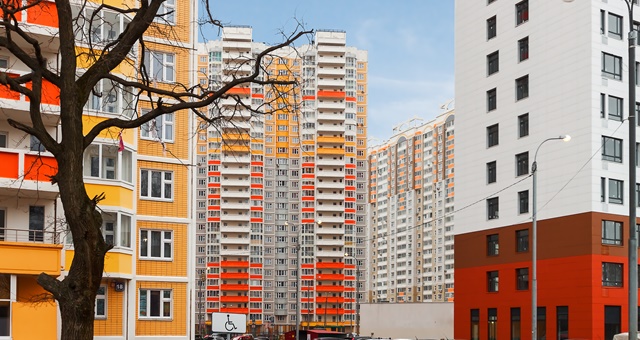
A Melbourne-based law firm has urged property developers to consider more mixed-use construction projects to help deliver options for both visitors and migrants to the city.
According to Invest Victoria, Melbourne is currently on track to exceed 2.4 million households by 2036 and even surpass Sydney as Australia’s largest city by 2030, Rigby Cooke Lawyers lead partner Michael Gough says mixed-use dual hotel and residential developments can be “an innovative alternative” to traditional single-use models.
“Mixed use developments differ from traditional single-use residential and hotel properties by offering a tailored combination of hotel rooms, apartments, retail spaces or office spaces,” Gough said.
Rigby Cooke referred to emerging trends showing investors looking to de-risk construction projects by diversifying its use away from a single model to mixed-use, including retail and business opportunities in with residential and hotel or micro-hotel functionality. Investors were also attracted to the model as it allowed them to create multiple revenue sources within one structure.
“Because these properties combine an assortment of uses and residents, investors and developers can better safeguard themselves against major vacancies when compared to single-use apartments or hotels.
“Such developments can solve floor layout issues which have traditionally hindered residential sales. Instead of locating apartments on lower floors that have a less desirable view and ultimately a lower price tag, developers can use this space for hotel rooms or student accommodation, office space, parking or other amenities,” Gough added.
He said apartment values can also be affected if one hotel management brand moves out and another one moves in. Developers needed to be aware of this possibility and for contracts with Owner’s Corporations, apartment owners and hotel operators to accurately reflect this.

